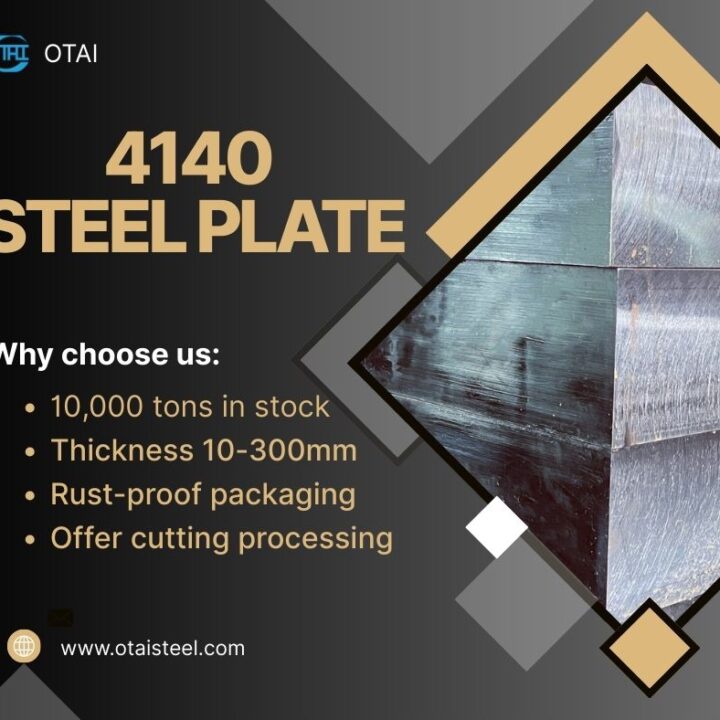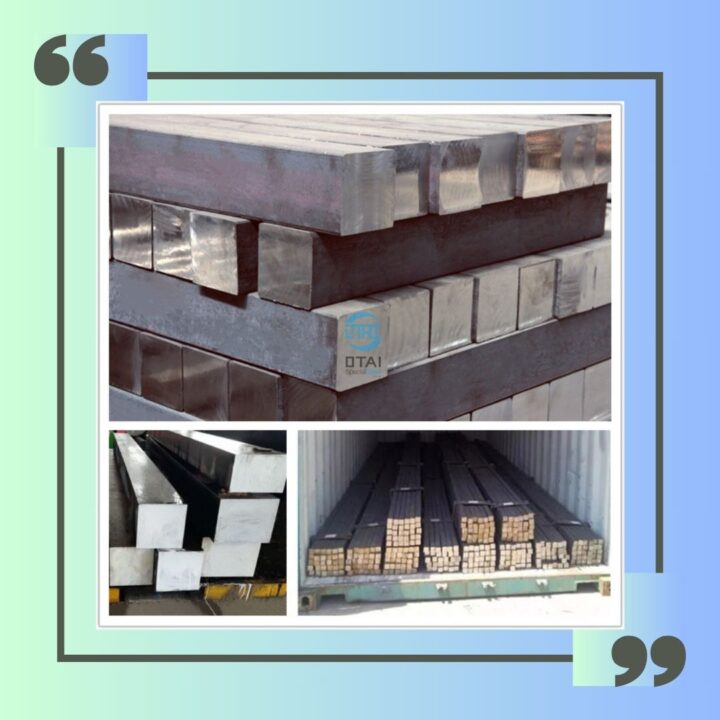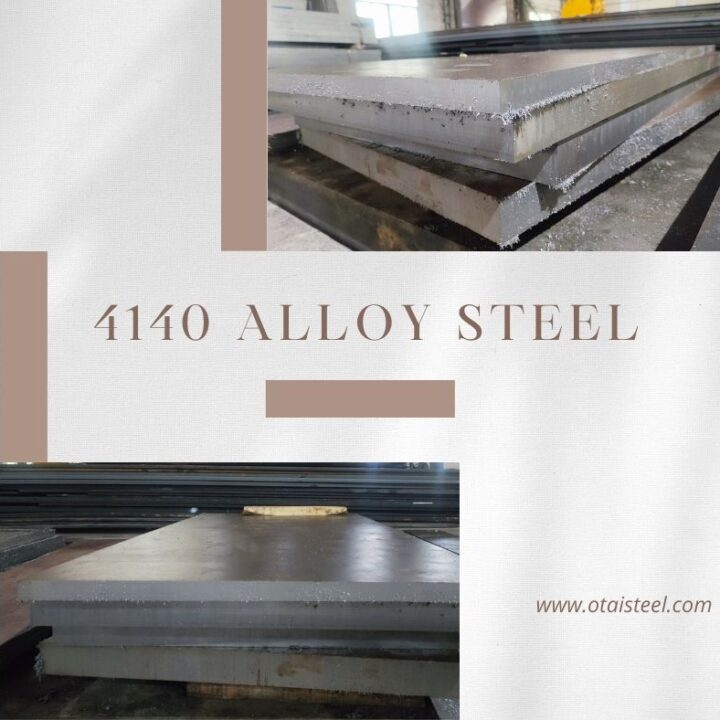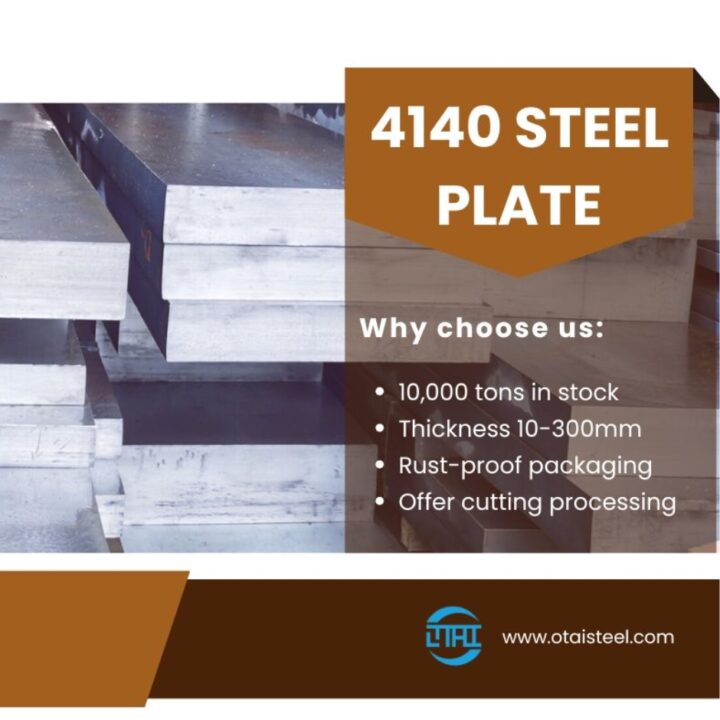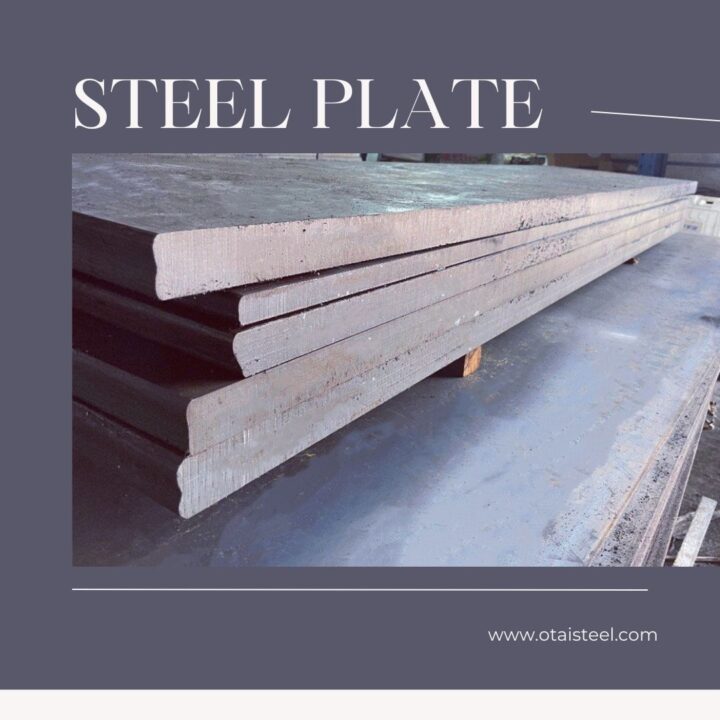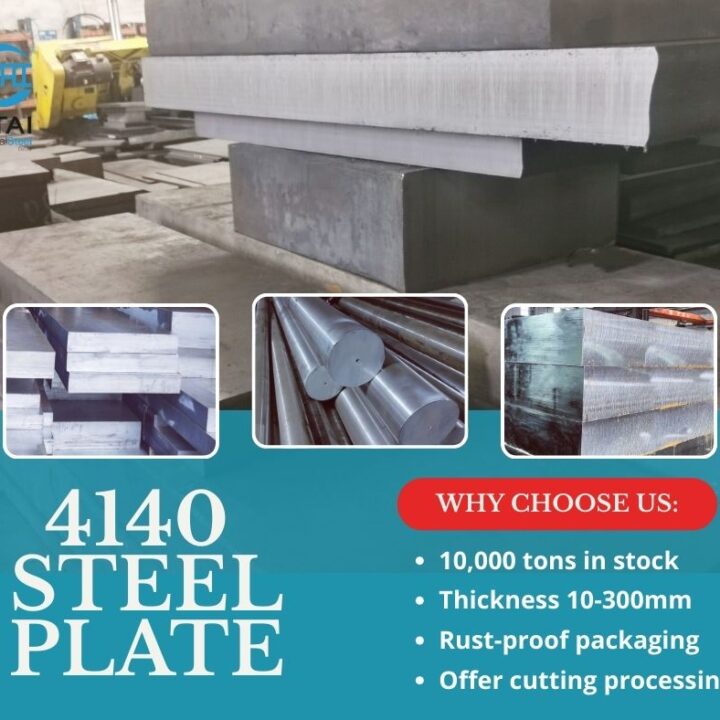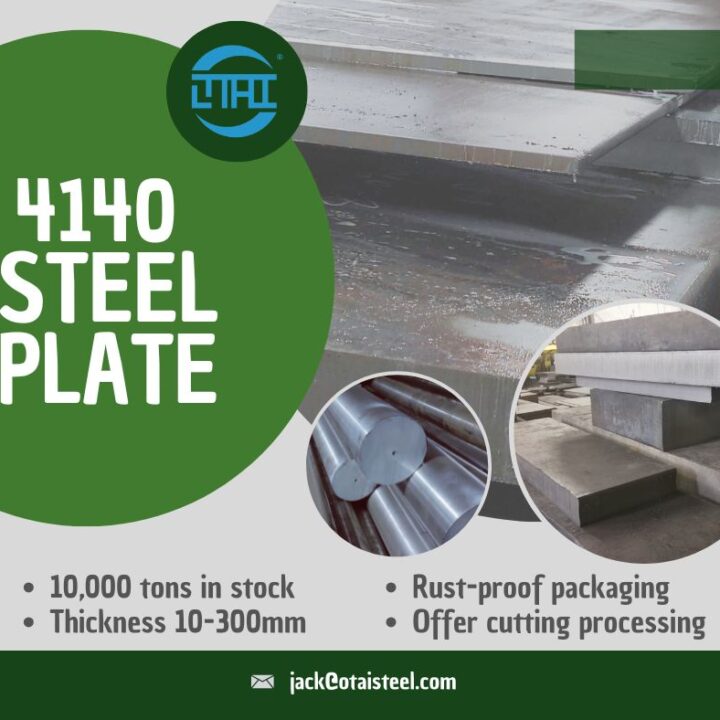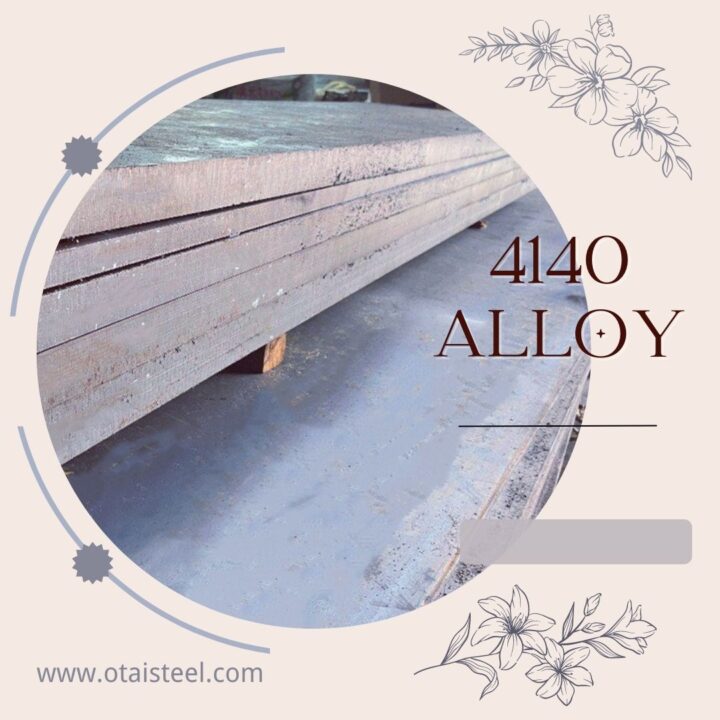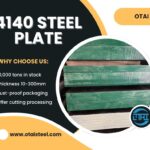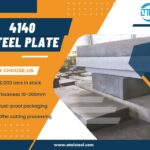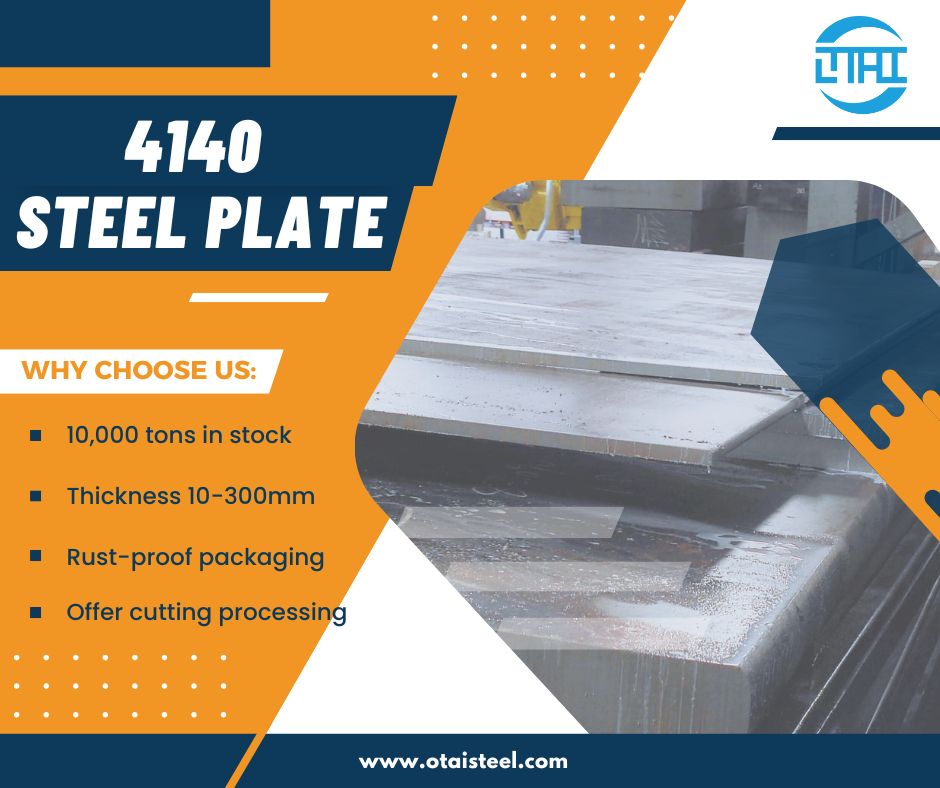 4140 Steel vs 9310: Which One Should You Really Choose?
4140 Steel vs 9310: Which One Should You Really Choose?
What’s the Real Difference Between 4140 and 9310 Steel?
If you’re stuck deciding between 4140 steel and 9310 steel, you’re not alone.
Every week, we get emails or WhatsApp messages from engineers and buyers asking this exact question. Especially people working on gears, shafts, or high-stress components—they all want to know:
- “Which steel offers better strength?”
- “Is 9310 worth the extra cost?”
- “Can I just stick with 4140?”
So let’s break it down.
Both 4140 alloy steel and 9310 steel are popular in demanding industries. But they’re not the same, and choosing the wrong one could cost you time, money, or even performance.
Here’s what you need to know.
Mechanical Properties: 4140 Steel vs 9310 at a Glance
Let’s start with the numbers. Below is a direct comparison of their key mechanical properties:
| Property | 4140 Steel | 9310 Steel |
|---|---|---|
| Type | Chromium-Molybdenum Alloy Steel | Nickel-Chromium-Molybdenum Steel |
| Tensile Strength (MPa) | 850 – 1000 | 930 – 1080 |
| Yield Strength (MPa) | ~655 | ~830 |
| Elongation (%) | ~25 | ~18 |
| Hardness (HRC, after treatment) | 28 – 32 | 36 – 44 |
| Fatigue Resistance | Moderate | Excellent |
| Toughness | Good | Very High |
| Cost | Lower | Higher |
As you can see, 9310 steel outperforms 4140 in yield strength, toughness, and fatigue resistance. That’s why it’s used in aerospace gears and aircraft transmission systems.
But 4140 isn’t weak—it’s much cheaper, easier to machine, and available almost everywhere.
Which Performs Better Under Stress or Fatigue?
Let’s say you’re designing a heavy-duty gear or a high-load shaft.
If you expect continuous load, shock, and repeated fatigue, then 9310 is the better choice. It’s used by companies like Boeing and automotive racing teams for a reason. The high nickel content gives it excellent toughness and deeper case hardening.
We had a client in Turkey building industrial gearboxes. They first used 4140 but saw surface pitting and gear wear after a few months. After switching to 9310, the performance improved and downtime dropped to zero.
But here’s the catch—9310 is not always available in stock, and it can be 3 to 5 times more expensive than 4140.
For general shaft applications, support arms, fixtures, or mold bases, 4140 is often “good enough”—especially if it’s heat treated properly.
Machinability and Heat Treatment: Big Differences You Should Know
If you’ve ever worked with 9310, you’ll know—it’s harder to machine than 4140.
9310 steel needs more precise cutting tools, slower speeds, and coolant control. It’s great for finished, precision-machined parts, but definitely not beginner-friendly.
4140, on the other hand, is much easier to machine, even in its hardened form. That’s why many machine shops love it.
Here’s a quick overview:
| Feature | 4140 Steel | 9310 Steel |
|---|---|---|
| Machinability | Good (relatively easy) | Poor to Fair |
| Heat Treat Options | Annealed, QT, Nitrided | Carburized + Hardened |
| Surface Hardness Depth | Moderate | Deep Case Hardening |
| Tool Wear During Cutting | Low | High |
If you’re doing small batches or don’t have high-end equipment, 4140 is the safer bet.
Use Case Examples: Where Each Steel Shines
Still not sure which to pick? It helps to look at real-world applications.
| Industry | 4140 Applications | 9310 Applications |
|---|---|---|
| Automotive | Drive shafts, axles, spindles | Racing gear sets, high-performance gears |
| Aerospace | Brackets, fixtures, base plates | Helicopter gears, aircraft transmission parts |
| Oil & Gas | Drilling collars, tools | Downhole gears, high-stress components |
| Industrial Machinery | Mold bases, lifting arms | Precision planetary gears |
| Defense | Gun components, mounts | Ballistic systems, advanced gear drives |
So, if you’re building general mechanical parts, 4140 does the job and saves you cost.
But if you’re designing for mission-critical stress resistance, go with 9310.
Can 4140 Replace 9310? Or Vice Versa?
Now this is the golden question.
In some applications, yes, 4140 can replace 9310—if strength and fatigue life aren’t mission-critical. We’ve helped clients switch to 4140 in hydraulic cylinder parts and saved them 35% in raw material cost.
However, don’t try to substitute 4140 for 9310 in aerospace or racing gear sets. You’ll risk early failure, especially under repeated loading.
If you’re still unsure, we can help you decide. Just send your drawings or specs to jack@otaisteel.com or WhatsApp us at +8676923190193, and we’ll advise the best match.
Why Choose Otai Steel for 4140 or 9310 Supply?
Here’s why hundreds of companies trust us with their alloy steel sourcing:
✅ Massive stock — over 10,000 tons in inventory
✅ Thickness range from 6mm to 300mm, cut to your size
✅ UT tested and chemically certified
✅ Custom heat treatment and precision machining available
✅ Rust-proof packaging with wooden boxes or bundles
✅ 25+ years of experience with global clients
✅ We supply to Thyssenkrupp, Borealis, Schlumberger, and many others
✅ Fast shipping worldwide
We’re not just a steel trader—we’re your solution partner in steel.
Ready to Choose the Right Steel?
If you’re comparing 4140 and 9310 for your next project, don’t guess.
Contact us today for a free material consultation or a quick quote.
📧 jack@otaisteel.com
📱 +8676923190193 (WhatsApp)
We’ll help you make the right choice, and even suggest cutting, testing, or heat treating options to fit your needs.
FAQs: 4140 Steel vs 9310 – Answers to Common Questions
1. Can I use 4140 instead of 9310 in a gearbox?
If the gearbox is under high stress and long duty cycles, stick with 9310. For lighter loads, 4140 might work fine.
2. Is 9310 steel more expensive than 4140?
Yes—9310 can cost 3 to 5 times more, depending on availability and treatment requirements.
3. Which one is easier to machine, 4140 or 9310?
4140 is much easier to cut and machine. 9310 requires more precise equipment and slower speeds.
4. Can you supply both 4140 and 9310 in customized sizes?
Yes. At Otai, we offer cut-to-size service, down to exact tolerance as required.
5. How fast can I get the steel shipped?
For in-stock sizes, we can ship within 3-5 days internationally. Just share your needed specs.
